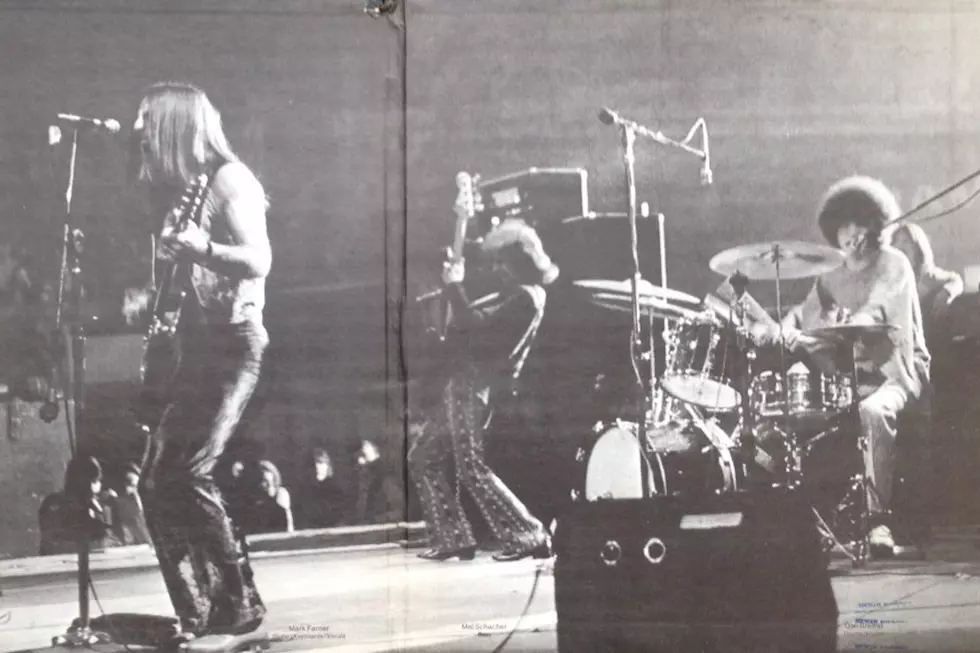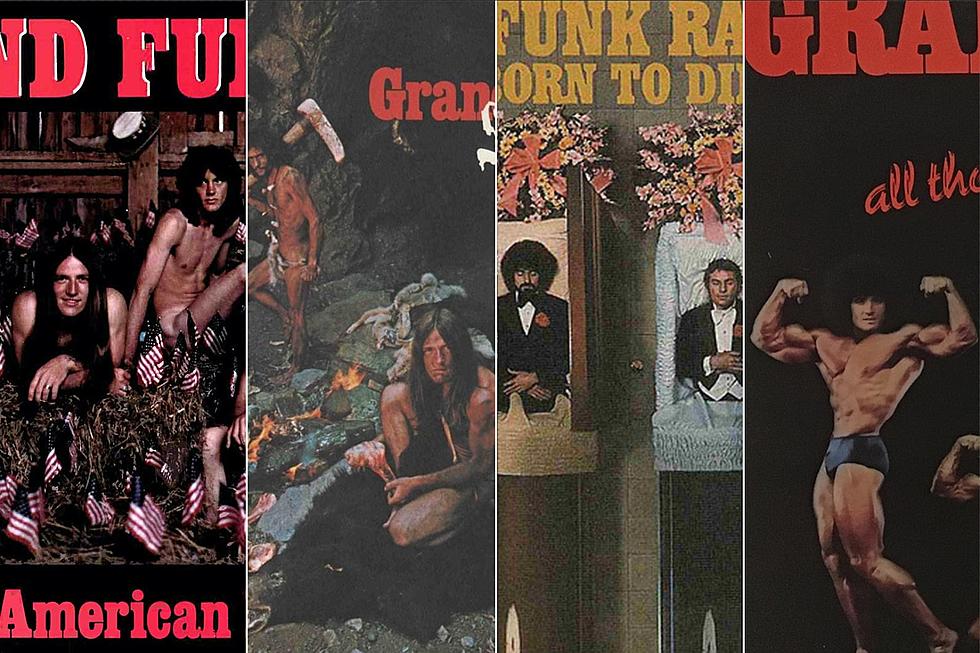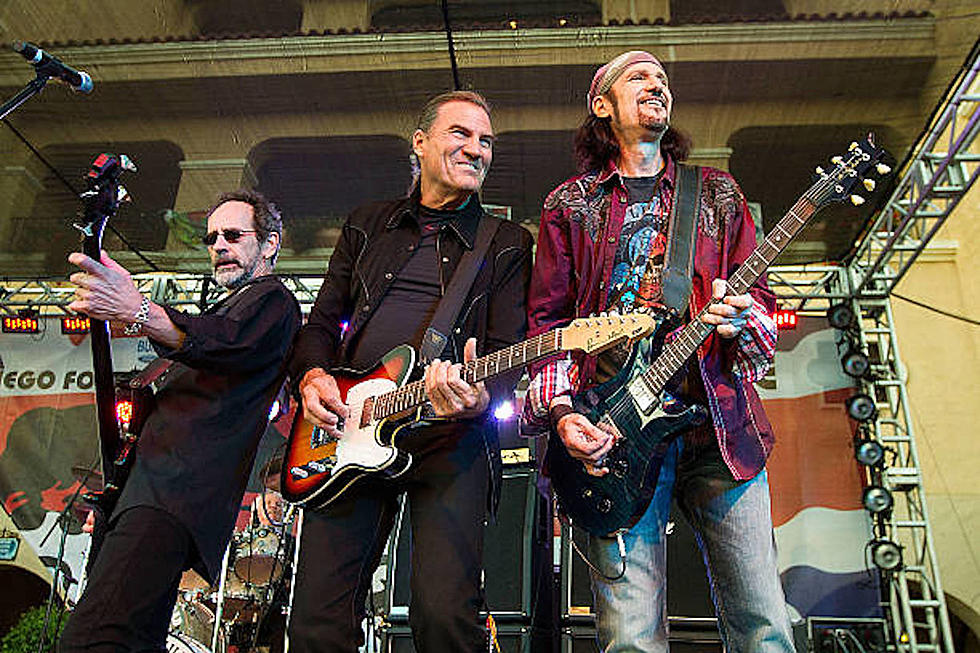
50 Years Ago: Grand Funk Railroad Reach New Peak on ‘Closer to Home’
In June 1970, Grand Funk Railroad officially arrived at the rock stardom station with their third album released in less than a year, Closer to Home. The record took the Michigan-bred band -- whose career up to this point reflected more of a grass-roots, blue-collar movement -- to new heights, and made singer and guitarist Mark Farner, bassist Mel Schacher and singer and drummer Don Brewer one of music's biggest and most durable bands.
Since coming together in 1969, after many years working with different groups, Grand Funk Railroad released their debut album, On Time, that August. It was quickly followed by their self-titled second LP (a.k.a. the Red Album) in December. Barely six months later, they issuing their third record, Closer to Home. All of this done during a period of intense touring and promotion that consumed most of the band's time. Yet somehow the trio managed to take a creative leap, delivering its most mature, polished and confident album of its young career.
After disarming fans with the acoustic intro "Sin's a Good Man's Brother," Grand Funk hit with one of the era's most wicked riffs (anyone doubting Grand Funk's contribution to heavy metal, here's your proof), before settling into the floating reverie of "Mean Mistreater" and "Get it Together"'s soulful congregation.
"Aimless Lady," "Nothing Is the Same" and "I Don't Have to Sing the Blues" feature the band's muscular and hard-driving groove rock, while the 10-minute closer, "I'm Your Captain (Closer to Home)," breaks new ground with flute, strings and even ocean swells and seagull squawks. Along with the song's wistful lyrics, the track connected with American working-class kids, many of whom associated the song with the Vietnam war.
Listen to Grand Funk Railroad's 'I'm Your Captain'
Even some of the nation's harshest rock critics were starting to warm up to Grand Funk, with the Village Voice's Robert Christgau (who was known for his disdain of most things that had to do with hard rock) asking, "What's happening to me? I'm getting to like this group's records, which present as pure a concept of hard rock as you'll find anywhere."
Who could argue with the results? As Capitol Records went into promotional overdrive, Closer to Home quickly became Grand Funk's third album to strike gold (and, later, platinum), soaring to No. 6 on the U.S. chart.
Moreover, the band's aggressive manager, Terry Knight, demanded that the label spend $100,000 to have a single, massive billboard erected in Times Square to advertise both the LP and the band's upcoming show at Shea Stadium, which sold out in less than 72 hours. But more than anything, it's the music that spoke the loudest, and it continues to do so today.
See the Top 100 Albums of the '70s
More From Ultimate Classic Rock









